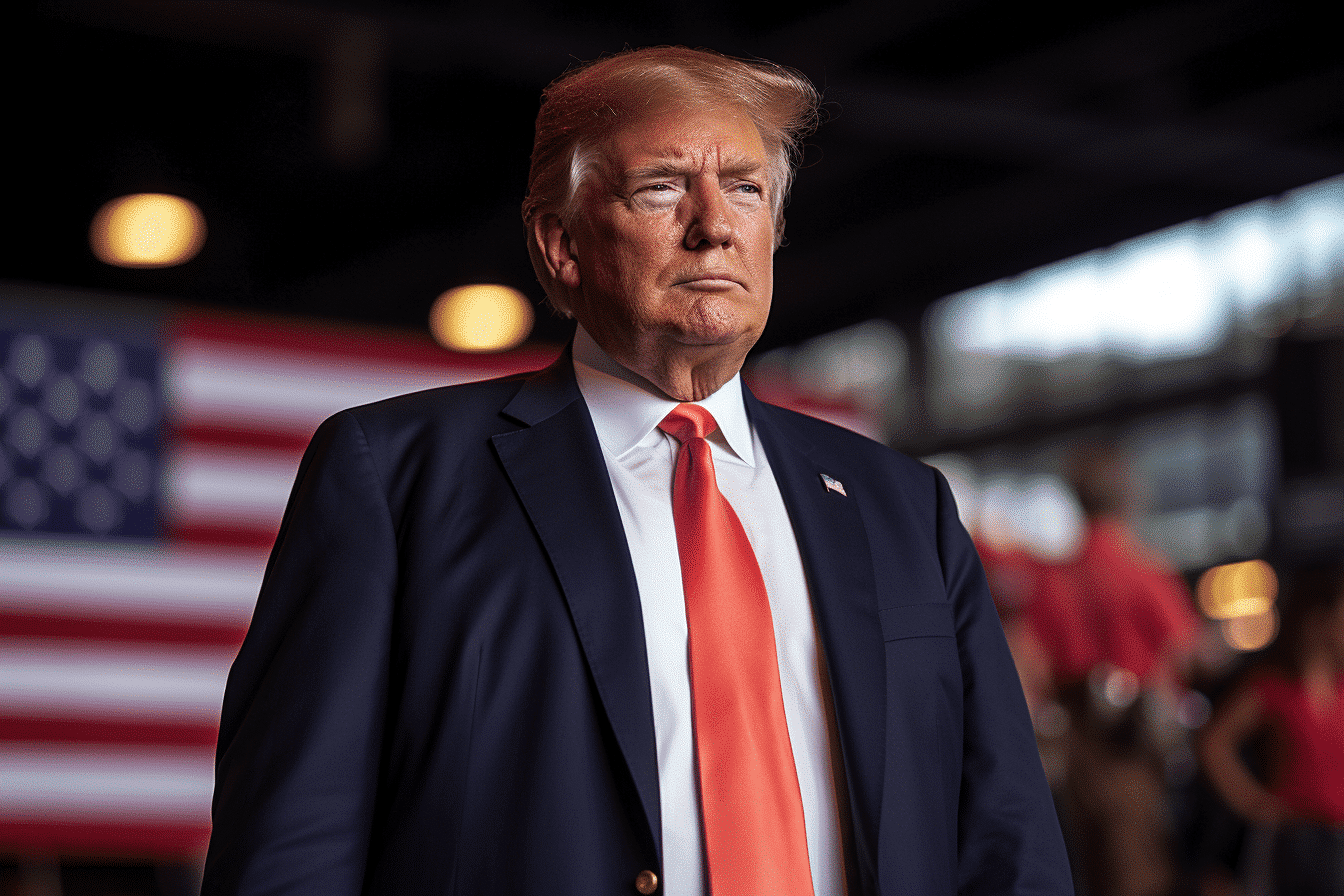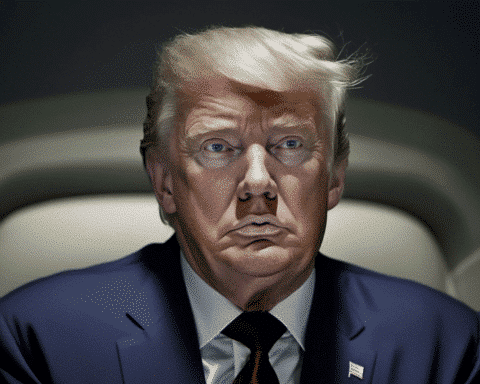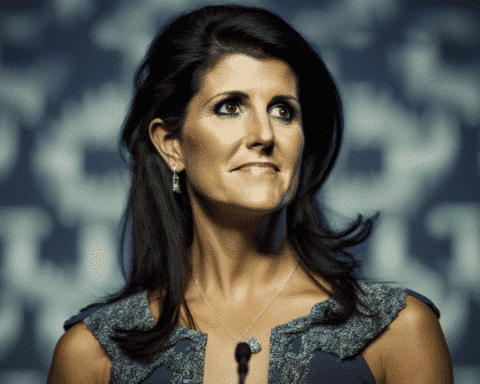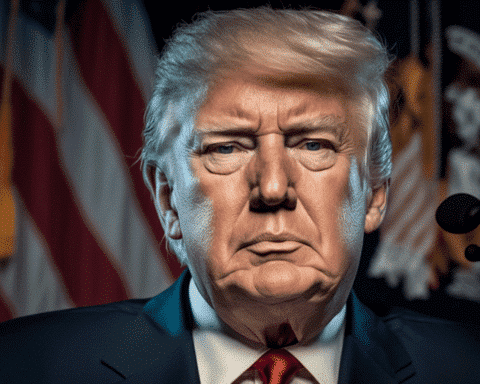Former President Donald Trump’s influence on state Republican parties, particularly his maneuvers to secure an advantage for a potential White House return, is noticeably present in Nevada.
Influenced by Trump supporters, the Nevada GOP is determined to proceed with a presidential caucus on February 8, even with a new state law that schedules a primary two days earlier. The caucus format, known to benefit grassroots initiatives, is predicted to lean in Trump’s favour due to his stronghold on the party’s core base.
There’s growing anticipation that the party might adopt plans this Saturday which, according to some Nevada Republicans and other Trump critics, might convolute the electoral process and enhance Trump’s chances. Among these proposed rules are measures that exclude candidates from the caucus if they’re part of the primary ballot and limitations on super PACs, potentially hindering efforts from supporters of Florida Gov. Ron DeSantis.
Several Republicans are concerned that this could lead to chaos during a pivotal phase of the presidential nomination, potentially leaving voters puzzled about where to cast their vote and risking their disenfranchisement if they opt for the primary. The Nevada GOP, however, has clarified that they will only recognize the caucus results for delegate allocations.
Ken Cuccinelli, ex-deputy secretary of Homeland Security under Trump and now the leader of the Never Back Down super PAC supporting DeSantis, remarked, “Trump has always criticized rigged elections unless he’s orchestrating them, as we’re seeing in Nevada.”
The Nevada Republican Club, claiming to represent around 400 state members, sent a letter to GOP officials this month emphasizing potential issues from having both a primary and a caucus, urging them to reject the anticipated rule changes. They highlighted the possible confusion, anger, and adverse press for the Nevada GOP, and questioned the viability of efficiently managing a caucus across 17 counties.
Without a response from Nevada GOP Chairman Michael McDonald and the Trump campaign, Jim DeGraffenreid, Nevada GOP’s Republican National Committeeman, downplayed the idea that the process is biased towards Trump. He emphasized Trump’s popularity and fundraising prowess, denying any internal interest in rigging the system.
However, this situation underscores Trump’s strategic shift from his 2016 campaign, showing a better understanding of state party mechanics and the delegate allocation process.
Parallel developments in Michigan and Idaho suggest that Trump’s influence on changing delegate allocation processes potentially favours his candidacy.
Trump’s deep connections with the Nevada GOP are evident, with key figures like McDonald and DeGraffenreid playing pivotal roles. Given Trump’s perceived edge in the caucus, there’s speculation that rival GOP candidates might focus their efforts on the primary, which offers broader voter participation through early, absentee, and same-day registration processes.
So far, only Vivek Ramaswamy has officially entered the caucus, but Trump’s participation is anticipated.
When questioned about their strategy in Nevada, campaigns of other potential GOP candidates, including Nikki Haley, Tim Scott, and Mike Pence, remained tight-lipped. Andrew Romeo, Communications Director for DeSantis, mentioned they’re exploring all avenues in Nevada to position DeSantis for the presidency best.
Cuccinelli questioned the wisdom of investing resources in Nevada amidst such challenging conditions, highlighting the restrictive nature of the proposed rules for external supporters like super PACs.
David Gibbs, the head of the Nevada Republican Club, while expressing his preference for caucuses over primary elections, shared concerns about the confusion arising from the simultaneous existence of both. He emphasized, “Having both isn’t beneficial, which is the current dilemma.”
The political landscape in Nevada, heavily influenced by Trump’s enduring clout, underscores the broader shifts and power plays within the Republican party. With proposed changes that might favour one candidate over another, the integrity of the electoral process is under scrutiny. It remains to be seen how the duel between primary and caucus systems will unfold, but one thing is clear: the decisions made in the coming weeks could have profound implications for the 2024 presidential race.




